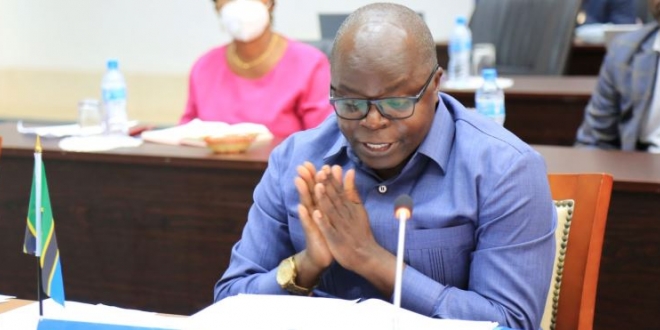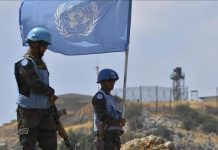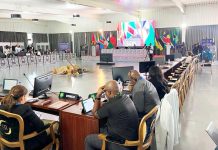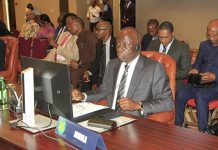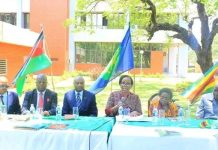AfricaPress-Tanzania: TANZANIA has made another push to see Kiswahili formally approved as n official language in the Southern Africa Development Community (SADC).
The appeal was submitted by the Permanent Secretary in the Ministry of Foreign Affairs and East African Cooperation, Brig Gen. Wilbert Ibuge at a virtual meeting of SADC permanent secretaries early this week.
“We in Tanzania have recommended Kiswahili to be used as a working language from the ministerial level to the SADC heads of state and government meetings to enable the language to formally become one among official languages in SADC operations,” he said.
SADC has been using colonial languages for a long time and from the wisdom of SADC Heads of State and Government, they decided to use Kiswahili at the ministerial level and Heads of State meetings, he elaborated.
The meeting was preparing the agenda for the SADC ministerial meeting slated for Friday this week via video conferencing, and chaired from Dar es Salaam, he stated.
Tanzania’s push for the acceptance of the language saw SADC adopt Kiswahili as its fourth official language in 2019 but the process was not formalized to allow its use in formal meetings, with other SADC official languages – English, Portuguese and French.
The decision was announced at a summit of 16 southern African heads of state convening in Tanzania, where Kiswahili is he leading language, while it is an official language in Kenya, Rwanda, Burundi and in the African Union. It’s also used in large portions of central Africa including the Democratic Republic of Congo, and some areas of southern Africa.
The summit had resolved that Kiswahili would be adopted at the level of the council and the summit, first as a language for oral communication, and eventually being adopted for written communication within the bloc.
A summit communiqué at the time said the leaders approved Kiswahili as the fourth SADC official working language, “in recognition of the contribution of the Father of the Nation Julius Kambarage Nyerere to the liberation struggle in southern Africa.”
The Pan South African Language Board, which promotes multilingualism, reacted to this decision by saying that the inclusion of Kiswahili would help prevent the marginalization of African languages.
“Africa is the only continent where the majority of children start school using a foreign language. Across Africa, the idea persists that the international languages of wider communication including Arabic, English, French, Portuguese and Spanish are the only means for upward economic mobility,” the board intoned.


